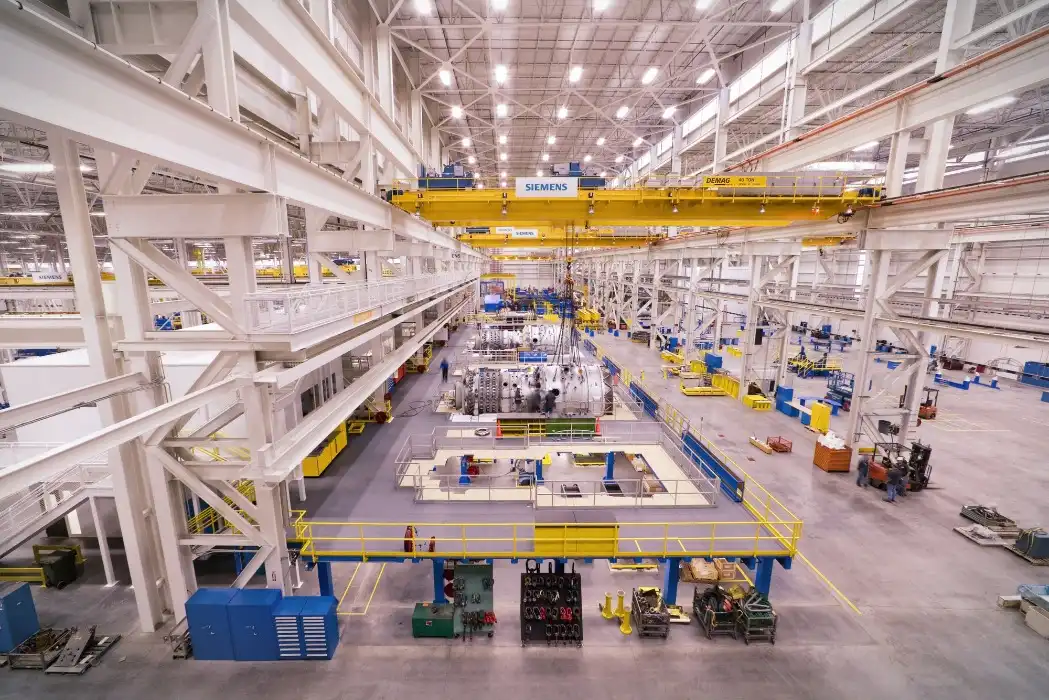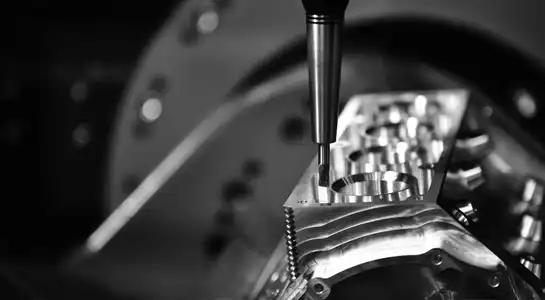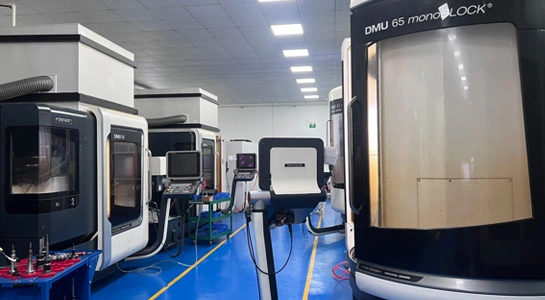Technological Advancements Reshaping Automotive Prototyping
The Rise of 3D Printing in Automotive Prototyping
3D printing technology has revolutionized the way automotive prototype parts are manufactured. This additive manufacturing process allows for rapid creation of complex geometries with minimal material waste. As the technology continues to advance, we can expect to see:
- Improved printing speeds and larger build volumes
- Enhanced material properties, including strength and heat resistance
- Integration of multiple materials in a single print
These advancements will enable manufacturers to produce more accurate and functional prototypes, reducing the time and cost associated with traditional manufacturing methods.
Advanced Simulation and Virtual Prototyping
Virtual prototyping tools are becoming increasingly sophisticated, allowing engineers to test and refine designs before physical automotive prototype parts are created. This trend is set to continue, with improvements in:
- Computational power and cloud-based simulation
- AI-driven design optimization
- Virtual reality and augmented reality integration
By leveraging these technologies, automotive manufacturers can identify and resolve potential issues early in the development process, leading to faster iterations and more robust final products.
Smart Manufacturing and Industry 4.0
The concept of Industry 4.0 is set to transform automotive prototype parts manufacturing. Key elements of this revolution include:
- Internet of Things (IoT) integration for real-time monitoring and control
- Predictive maintenance to minimize downtime
- Artificial intelligence for process optimization
These smart manufacturing techniques will enable more efficient production of prototype parts, with improved quality control and reduced lead times.
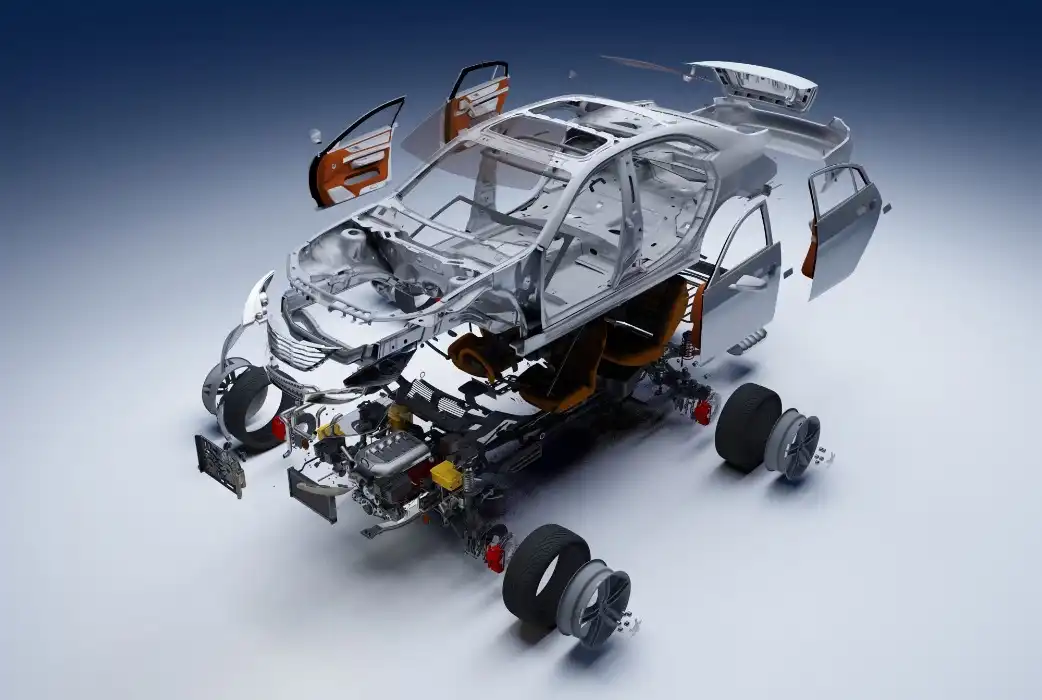
Materials Innovation in Automotive Prototyping
Lightweight and High-Performance Materials
The automotive industry's push for lighter, more fuel-efficient vehicles is driving innovation in materials used for prototype parts. We can expect to see increased use of:
- Advanced composites, such as carbon fiber reinforced polymers
- High-strength, low-weight alloys
- Nano-engineered materials with enhanced properties
These materials will allow for the creation of prototype parts that more accurately represent the final product's performance characteristics.
Sustainable and Recyclable Materials
As environmental concerns become more pressing, the focus on sustainable materials in automotive prototype parts will intensify. This trend will lead to:
- Increased use of bio-based and recyclable plastics
- Development of closed-loop recycling systems for prototype parts
- Exploration of novel sustainable materials, such as mycelium-based composites
These sustainable materials will not only reduce the environmental impact of prototyping but also align with the industry's broader sustainability goals.
Multi-Material Solutions
The future of automotive prototype parts will likely involve more complex, multi-material components. This shift will be enabled by:
- Advancements in joining and bonding technologies
- Improved multi-material 3D printing capabilities
- Development of hybrid manufacturing processes
Multi-material solutions will allow for the creation of prototype parts that more accurately mimic the properties of final production components, leading to more effective testing and validation.
The Impact of Digitalization on Prototype Parts Manufacturing
Digital Twins and Continuous Improvement
Digital twin technology is set to play a crucial role in the future of automotive prototype parts manufacturing. This approach involves creating a virtual replica of physical parts and processes, enabling:
- Real-time monitoring and optimization of manufacturing processes
- Predictive maintenance and quality control
- Rapid iteration and improvement of prototype designs
By leveraging digital twins, manufacturers can continuously refine their prototyping processes, leading to higher quality parts and reduced development times.
Data-Driven Design and Manufacturing
The increasing digitalization of the automotive industry will lead to more data-driven approaches in automotive prototype parts manufacturing. This trend will manifest in:
- Advanced analytics for performance prediction and optimization
- Machine learning algorithms for automated design improvements
- Integration of customer feedback and usage data into the prototyping process
These data-driven methods will enable manufacturers to create more targeted and effective prototype parts, reducing the number of iterations required to reach a final design.
Collaborative Platforms and Supply Chain Integration
The future of automotive prototype parts manufacturing will be characterized by increased collaboration and integration across the supply chain. This will be facilitated by:
- Cloud-based design and manufacturing platforms
- Blockchain technology for secure data sharing and traceability
- Standardized data formats and communication protocols
These collaborative platforms will enable smoother communication between OEMs, suppliers, and prototype manufacturers, leading to faster development cycles and more innovative solutions.
Conclusion
The future of automotive prototype parts manufacturing is bright, with technological advancements, materials innovation, and digitalization driving significant changes in the industry. As we move forward, we can expect to see faster, more efficient prototyping processes that leverage cutting-edge technologies like 3D printing, advanced simulation, and smart manufacturing. The focus on lightweight, sustainable materials and multi-material solutions will lead to more environmentally friendly and high-performance prototype parts. Moreover, the increasing digitalization of the industry will enable data-driven design and manufacturing, fostering continuous improvement and innovation in the automotive sector.
FAQs
1. How will 3D printing impact automotive prototype parts manufacturing?
3D printing will enable faster production of complex geometries, reduce material waste, and allow for multi-material prototypes.
2. What role will sustainability play in future automotive prototyping?
Sustainability will be crucial, with increased use of recyclable and bio-based materials, as well as the development of closed-loop recycling systems.
3. How will digitalization change the prototyping process?
Digitalization will enable the use of digital twins, data-driven design, and collaborative platforms, leading to faster iterations and more effective prototypes.
Expert Automotive Prototype Parts Manufacturing | BOEN
At BOEN Prototype, we specialize in high-quality, innovative automotive prototype parts manufacturing. As a leading supplier and manufacturer, we leverage cutting-edge technologies and materials to deliver superior prototypes that meet the evolving needs of the automotive industry. Our expert team is committed to providing fast turnaround times and guaranteeing the quality of our work. For more information about our services, contact us at contact@boenrapid.com.
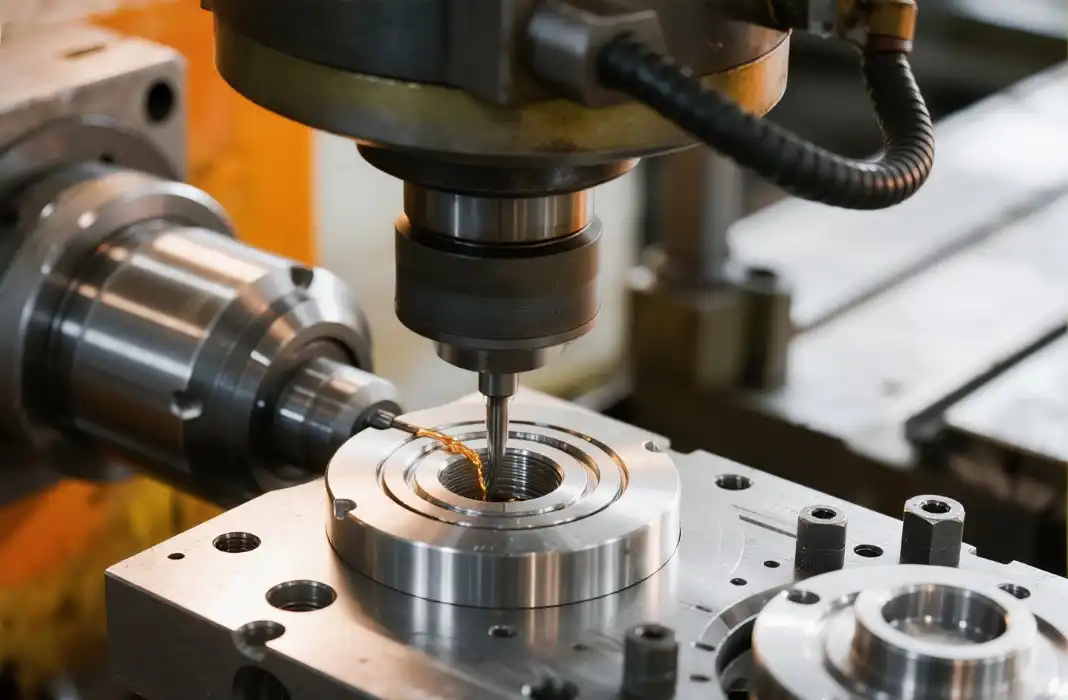
References
Smith, J. (2023). "The Evolution of Automotive Prototyping: From Clay to Digital." Automotive Engineering Journal, 45(2), 112-125.
Johnson, A., & Brown, B. (2022). "Advanced Materials in Automotive Prototype Manufacturing." Materials Science and Technology, 18(4), 345-360.
Lee, S., et al. (2023). "Industry 4.0 and Its Impact on Automotive Prototype Production." Journal of Manufacturing Systems, 62, 78-92.
Wilson, R. (2022). "Sustainable Practices in Automotive Prototyping: A Review." International Journal of Sustainable Engineering, 15(3), 201-215.
Chen, X., & Davis, M. (2023). "Digital Twins in Automotive Prototype Development: Challenges and Opportunities." IEEE Transactions on Industrial Informatics, 19(5), 3456-3470.
Thompson, K. (2022). "The Role of AI in Optimizing Automotive Prototype Design." Artificial Intelligence in Engineering Design, 36(2), 167-182.
